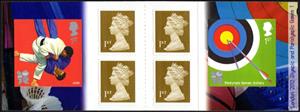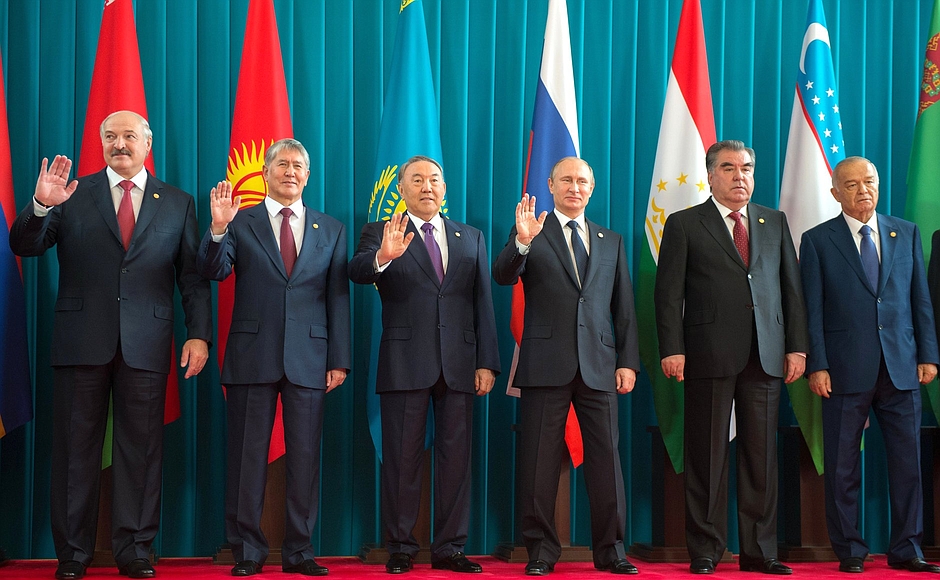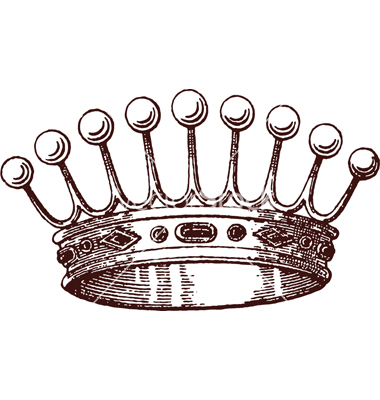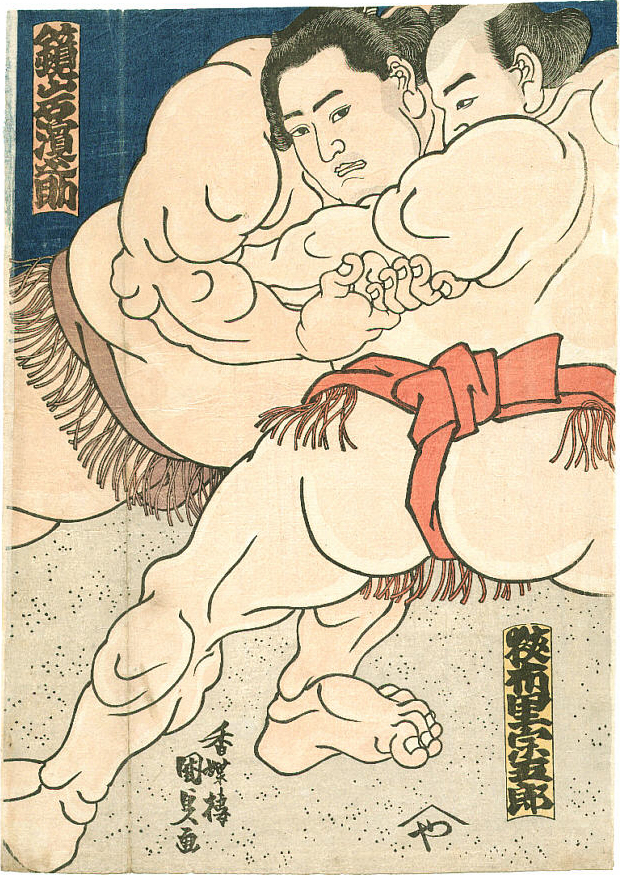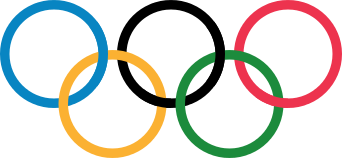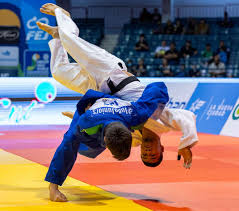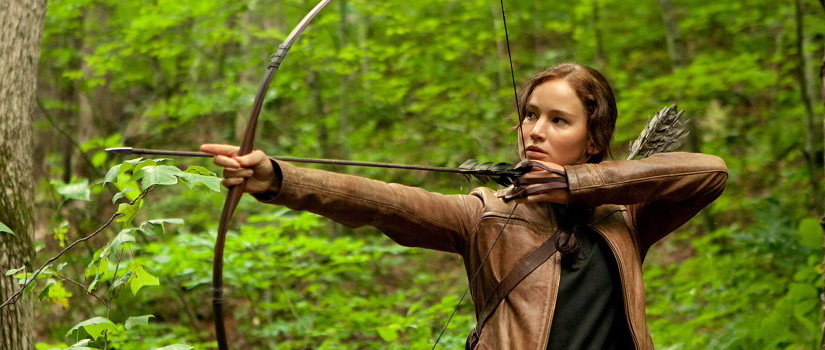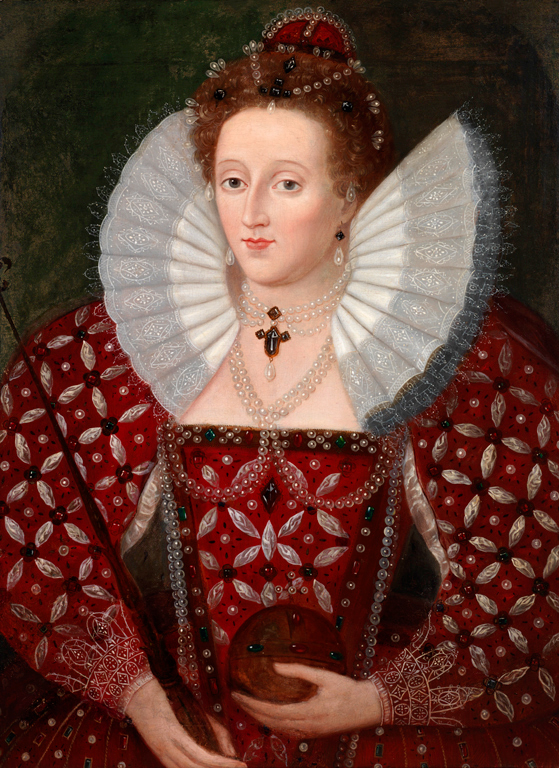Booklet: Olympic and Paralympic Games (Issue 1) - Judo & Archery (United Kingdom of Great Britain & Northern Ireland 2010)
Olympic and Paralympic Games (Issue 1) - Judo & Archery (United Kingdom of Great Britain & Northern Ireland 2010)
07 January (United Kingdom of Great Britain & Northern Ireland ) within release Special or Occasions Issues - PM Series goes into circulation Booklet Olympic and Paralympic Games (Issue 1) - Judo & Archery face value 6*1st Class No Face Value
| Booklet Olympic and Paralympic Games (Issue 1) - Judo & Archery in catalogues | |
|---|---|
| Stanley Gibbons: | Sg:GB PM21 |
Booklet is square format.
Booklet sold for £2.34p Printed by WalsallBooklet Olympic and Paralympic Games (Issue 1) - Judo & Archery it reflects the thematic directions:
A head of state (or chief of state) is the public persona that officially represents the national unity and legitimacy of a sovereign state. In some countries, the head of state is a ceremonial figurehead with limited or no executive power, while in others, the head of state is also the head of government. In countries with parliamentary governments, the head of state is typically a ceremonial figurehead that does not actually guide day-to-day government activities and may not be empowered to exercise any kind of secular political authority (e.g., Queen Elizabeth II as Head of the Commonwealth). In countries where the head of state is also the head of government, the president serves as both a public figurehead and the actual highest ranking political leader who oversees the executive branch (e.g., the President of the United States).
A Royalty is the immediate family of a king or queen regnant, and sometimes his or her extended family. The term imperial family appropriately describes the family of an emperor or empress, and the term papal family describes the family of a pope, while the terms baronial family, comital family, ducal family, grand ducal family, or princely family are more appropriate to describe the relatives of a reigning baron, count, duke, grand duke, or prince. However, in common parlance members of any family which reigns by hereditary right are often referred to as royalty or "royals." It is also customary in some circles to refer to the extended relations of a deposed monarch and his or her descendants as a royal family. A dynasty is sometimes referred to as "the House of ...". As of July 2013, there are 26 active sovereign monarchies in the world who rule or reign over 43 countries in all
Sports, are all usually forms of competitive physical activity or games which, through casual or organised participation, aim to use, maintain or improve physical ability and skills while providing enjoyment to participants, and in some cases, entertainment for spectators. Usually the contest or game is between two sides, each attempting to exceed the other. Some sports allow a tie game; others provide tie-breaking methods, to ensure one winner and one loser. A number of such two-sided contests may be arranged in a tournament producing a champion. Many sports leagues make an annual champion by arranging games in a regular sports season, followed in some cases by playoffs. Hundreds of sports exist, from those between single contestants, through to those with hundreds of simultaneous participants, either in teams or competing as individuals. In certain sports such as racing, many contestants may compete, each against each other, with one winner.
The modern Olympic Games or Olympics (French: Jeux olympiques) are leading international sporting events featuring summer and winter sports competitions in which thousands of athletes from around the world participate in a variety of competitions. The Olympic Games are considered the world's foremost sports competition with more than 200 nations participating. The Olympic Games are held every four years, with the Summer and Winter Games alternating by occurring every four years but two years apart.
Judo (Japanese: 柔道, Hepburn: Jūdō, lit. 'gentle way') is an unarmed modern Japanese martial art, combat sport, Olympic sport (since 1964), and the most prominent form of jacket wrestling competed internationally. Judo was created in 1882 by Kanō Jigorō (嘉納 治五郎) as an eclectic martial art, distinguishing itself from its predecessors (primarily Tenjin Shinyo-ryu jujutsu and Kitō-ryū jujutsu) due to an emphasis on "randori" (乱取り, lit. 'free sparring') instead of "kata" (pre-arranged forms) alongside its removal of striking and weapon training elements.Judo rose to prominence for its dominance over established jujutsu schools in tournaments hosted by the Tokyo Metropolitan Police Department (警視庁武術大会, Keishicho Bujutsu Taikai), resulting in its adoption as the department's primary martial art.A judo practitioner is called a "judoka" (柔道家, jūdōka, lit. 'judo performer'), and the judo uniform is called "judogi" (柔道着, jūdōgi, lit. 'judo attire').Archery is the sport, practice, or skill of using a bow to shoot arrows. The word comes from the Latin arcus, meaning bow. Historically, archery has been used for hunting and combat. In modern times, it is mainly a competitive sport and recreational activity. A person who practices archery is typically called an archer, bowman, or toxophilite
Queen - the title of reigning female monarch or the wife of the king in a number of countries
